“My wife has often complained of my loud snoring but now I am also being disturbed by her snoring! She is 48 and pre-menopausal so I’m wondering if this is making her snore. Can you help us both?”
Clinical Nutritionist Suzie Sawyer answers:
Snoring is not caused by one factor which makes it harder to solve. However, hormonal changes that occur during menopause can trigger the situation because hot flushes and general metabolic imbalances can alter sleep patterns.
The impact of weight and blood sugar levels

The first thing to look at is weight and blood sugar balance which are closely related. Women often struggle with this during menopause, because it’s harder for us to control the insulin response. Make sure you’re having protein at every meal whether that be from meat, fish, poultry, eggs, dairy, beans, nuts, or chickpeas. This will help to keep blood sugar in check and stops sugar cravings.
Alcohol and caffeine
Alcohol is of course, one of the biggest triggers for snoring, with beer being a major culprit. One of the reasons for this is the high yeast content in the beer, and there is a strong association with yeast and snoring. It might also be worth trying to eliminate foods containing yeast such as bread, croissants, fermented products and fruits such as berries which naturally contain yeast. You may have to become a label guru for a while to better understand which foods are made with yeast.

For both of you, it’s also important to reduce or significantly reduce caffeinated drinks. Why not swap to decaf? You still get the benefits of the antioxidants from the coffee beans and tea with decaf drinks.
Food intolerances
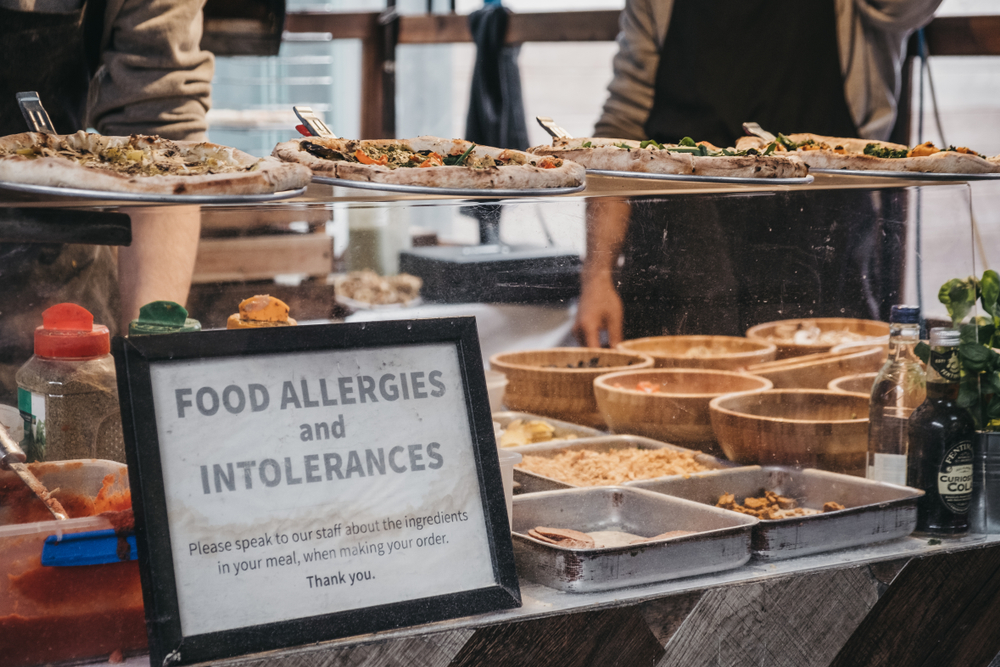
As with yeast, it would also be worth investigating any other potential food allergies or intolerances. If present, these can often make snoring worse. If you’re also suffering from bloating or other digestive issues, unexplained fatigue, or skin problems, then this might be a factor. Allergies and intolerances can be tested using a simple, at-home finger prick kit.
Medications
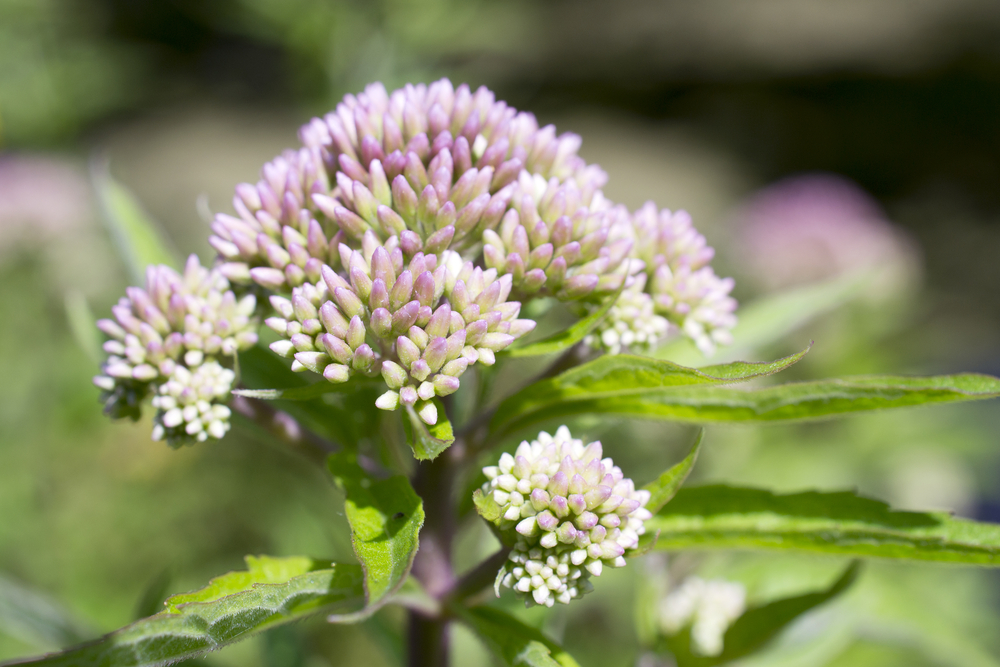
Certain medications, especially sedatives, are known to cause snoring. Obviously, you can’t stop any medication without discussing this with your GP first, but it’s something to be aware of. If you’re having problems with sleep, then it might be worth trying a natural herbal remedy such as valerian, which is a gentle sleep aid and doesn’t cause drowsiness the next day.
Breathing techniques
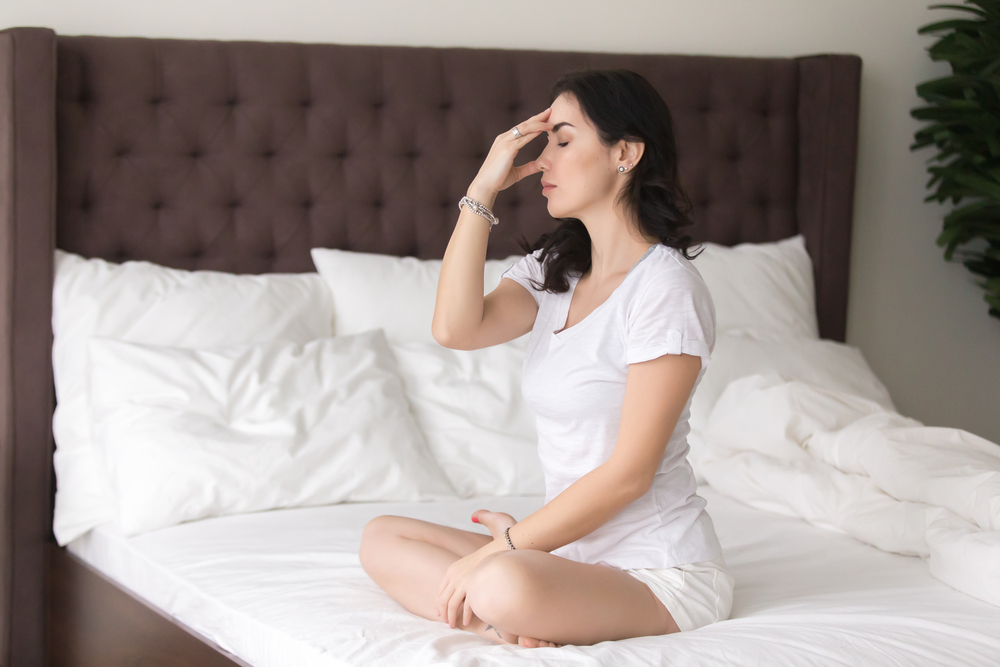
How we breathe is a factor in whether we snore or not. People who breathe through their mouth more than their nose are often more likely to snore. Using the mouth often means that there’s something causing congestion in the nasal passages which may be down to an allergy of some sort.
Essentially, we should be breathing in and out through the nose. You might both like to start practising breathing techniques. Try lying down and breathing in through your nose from your belly for four seconds and out for six seconds, keeping your in and out breaths smooth and equal.
Sleeping patterns
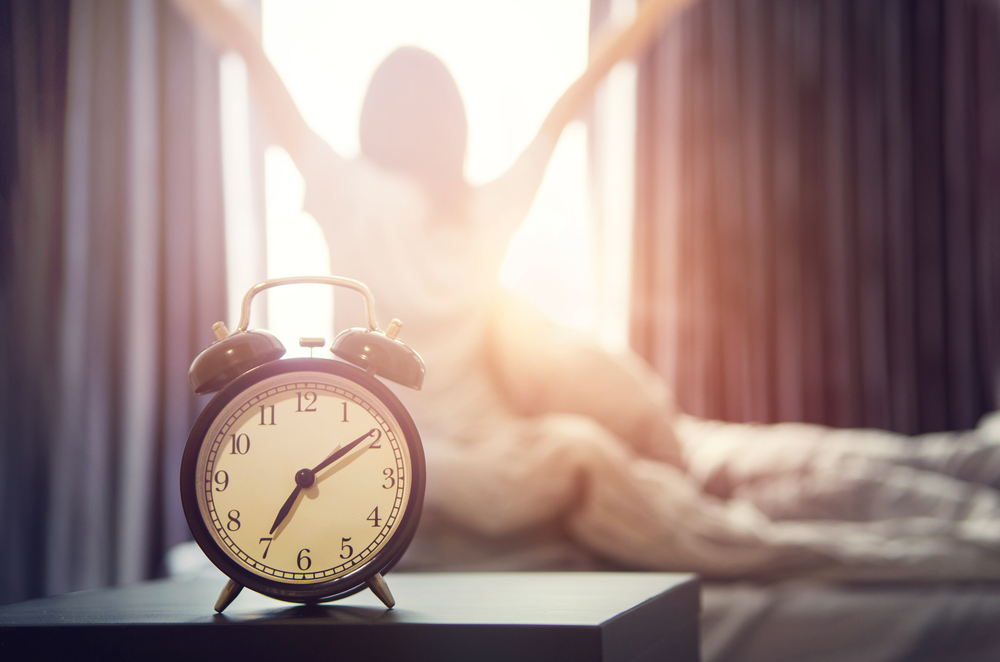
Lastly, keep regular sleep patterns aiming to sleep for seven to nine hours each night. It’s much better to try and get your sleep hygiene working well at night working well, rather then relying on naps throughout the day; if you nap, your sleep during the night may not be as deep and restful, which can trigger snoring.

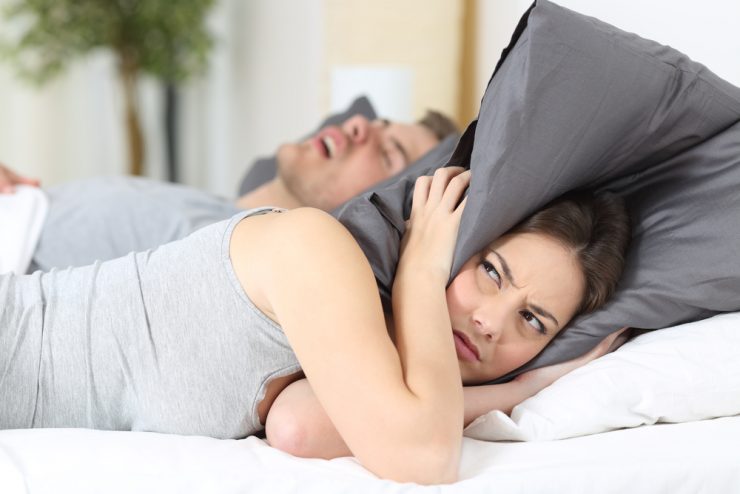


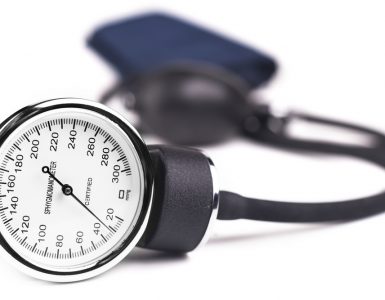




















Add comment